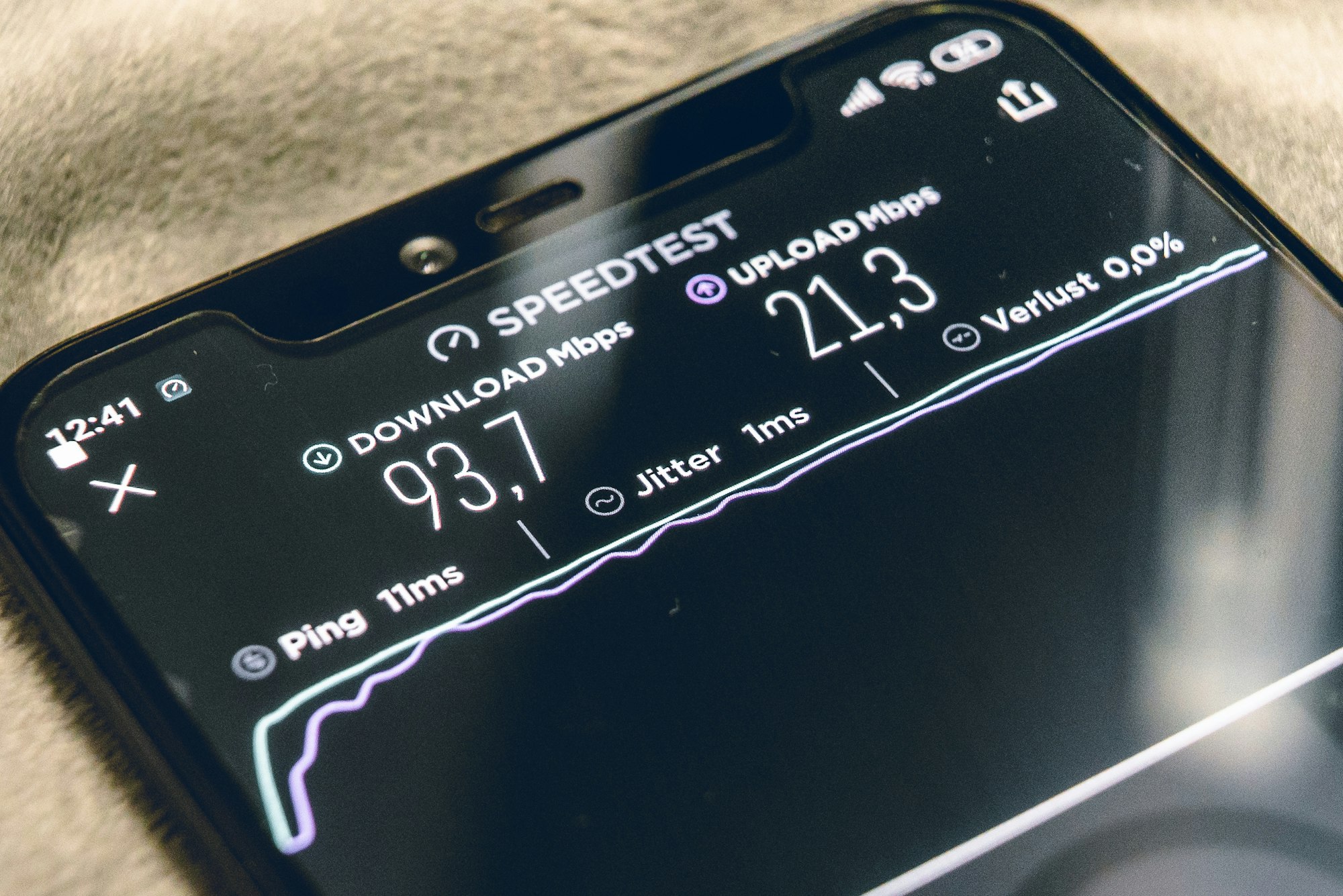Safaricom’s 5G risks low adoption due to high cost of mobile devices in Africa

Kenyan telecommunications operator, Safaricom has launched its 5G high-speed internet service in the country, making it the first company to roll out the technology at a commercial scale in the East African region.
The 5G service, which is backed by Nokia and Huawei, is said to be a central part of Safaricom’s attempts to further expand its data business to counter slower growth in voice revenues, as the company aims to target residences and commercial offices in areas that are not currently served by its fibre network.
However, according to data from the International Data Corporation, (IDC) 80% of the mobile devices shipped to Africa in the second quarter of this year cost under $200. This indicates low purchasing power in the continent and buttresses the fact that it will take some time before the average smartphone user can afford a 5G device in Africa.
Out of 41 million subscribers in Kenya, there are only about 200,000 5G devices on its network, representing 0.5% of its total subscribers.
According to the IDC, 5G devices accounted for 7.6% of smartphone shipments (although it grew slightly from the previous quarter) into Africa in the second quarter of this year, which is miniscule when compared to 3G and 4G devices, which accounted for 18.5% and 73.9%, respectively.
To counter this problem, Safaricom says it will partner with phone sellers to offer financing options to users.
“The adoption of 5G smartphones remains low, largely due to the high cost of the devices. We will continue to work with our partners who sell devices or who supply devices and leverage our pay as you go device financing solutions to avail more affordable both 4G and 5G smartphones,” said Peter Ndegwa, CEO of Safaricom.
The 5G network has been touted to provide greater speed in transmission, lower latency i.e greater capacity of remote execution. However, it's obvious that it will take a while before 5G goes mainstream in the African continent because of the high cost of devices and low purchasing power in the continent.





